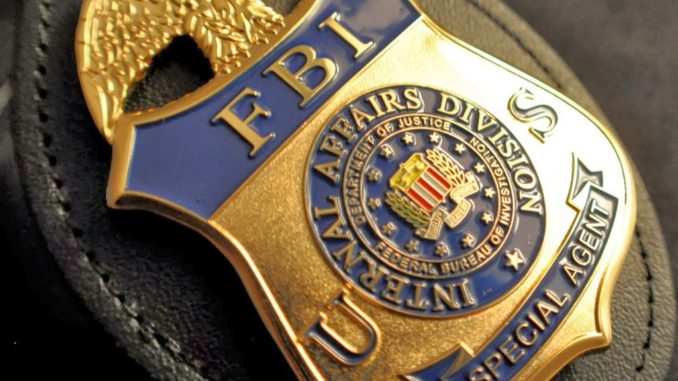
The Senate Intelligence Committee has issued an unclassified report backing the Intelligence Community Assessment (ICA) that Russian interference in the 2016 presidential election was intended to hurt Hillary Clinton and help Donald Trump.
The Hill reports that the statement from committee chair Sen. Burr (R – NC) and ranking member Sen. Warner (D – VA) found that the conclusions drawn by the intelligence community were “were well-supported and the tradecraft was strong.”
“The Committee has spent the last 16 months reviewing the sources, tradecraft and analytic work underpinning the Intelligence Community Assessment and sees no reason to dispute the conclusions,” Burr said in his statement.
“As numerous intelligence and national security officials in the Trump administration have since unanimously re-affirmed, the ICA findings were accurate and on-point,” added Warner. “The Russian effort was extensive and sophisticated, and its goals were to undermine public faith in the democratic process, to hurt Secretary Clinton and to help Donald Trump.”
The report states that there was no evidence of political pressure regarding the conclusions reached in the intelligence community assessment.
In all the interviews of those who drafted and prepared the ICA, the Committee heard consistently that analysts were under no politically motivated pressure to reach any conclusions. All analysts expressed that they were free to debate, object to content, and assess confidence levels, as is normal and proper for the analytic process.
It further states that the Senate Intelligence Committee is aware of additional Russian attempts to undermine the US and our allies in the months since the investigation began.
As the inquiry has progressed since January 2017, the Committee has seen additional examples of Russia’s attempts to sow discord, undermine democratic institutions, and interfere in U.S. elections and those of our allies.
The committee agrees with the assessments and conclusions stated in the ICA that:
- Russian efforts to influence the 2016 U.S. presidential election represent the most recent expression of Moscow’s longstanding desire to undermine the U.S.-led liberal democratic order, but these activities demonstrated a significant escalation in directness, level of activity, and scope of effort compared to previous
operations. - We assess Russian President Vladimir Putin ordered an influence campaign in 2016 aimed at the U.S. presidential election. Russia’s goals were to undermine public faith in the U.S. democratic process, denigrate Secretary Clinton, and harm her electability and potential presidency. We further assess Putin and the Russian
Government developed a clear preference for President-elect Trump. - We also assess Putin and the Russian Government aspired to help President-elect Trump’s election chances when possible by discrediting Secretary Clinton and publicly contrasting her unfavorably to him.
- Russia’s intelligence services conducted cyber operations against targets associated with the 2016 U.S. presidential election, including targets associated with both major U.S. political parties. We assess Russian
intelligence services collected against the U.S . primary campaigns, think tanks, and lobbying groups they viewed as likely to shape future U.S. policies. In July 2015, Russian intelligence gained access to Democratic National Committee (DNC) networks and maintained that access until at least June 2016.
The Committee took issue with two conclusions of the ICA:
- Russia’s state-run propaganda machine-comprised of its domestic media apparatus, outlets targeting global audiences such as RT and Sputnik, and a network of quasi-governmental trolls-contributed to the influence campaign by serving as a platform for Kremlin messaging to Russian and international audiences.
- The Committee found the failure to provide an updated assessment of the capabilities in 2016 was a shortcoming.
- During the Cold War, the Soviet Union used intelligence officers, influence agents, forgeries, and press placements to disparage candidates perceived as hostile to the Kremlin, according to a former KGB archivist…For decades, Russian and Soviet intelligence services have sought to collect insider information from U.S. political parties that could help Russian leaders understand a new U.S. administration’s plans and priorities.
- The Committee found the ICA’s treatment of Russian interference in the historical context to be perfunctory.
The Committee also states they will address “the dossier”, which the individuals interviewed by the Committee verify did not inform the analysis or key findings in the assessment, in a separate report.

7 Trackbacks / Pingbacks
Comments are closed.